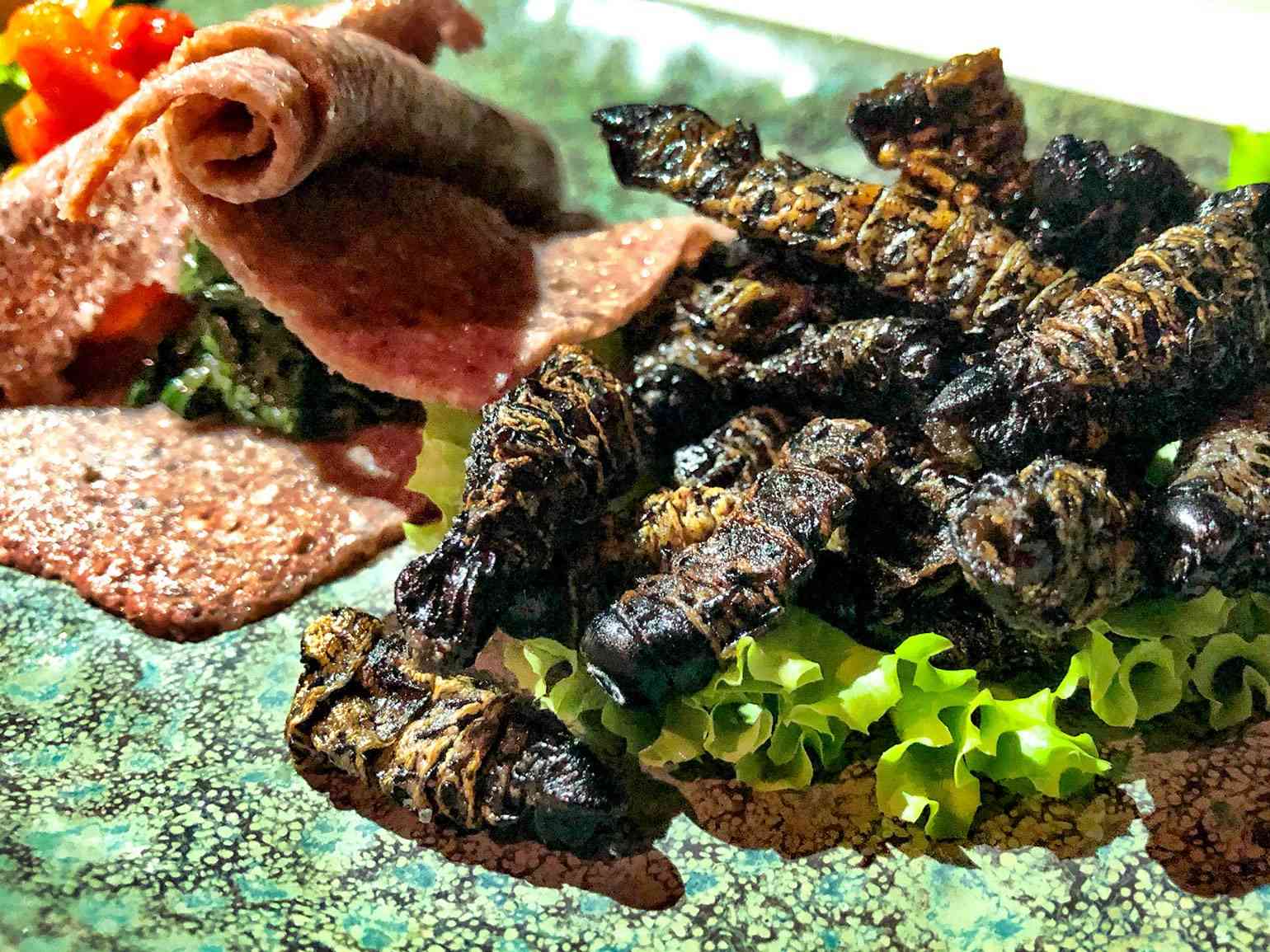
The modern food landscape has triggered a dramatic increase in health problems, compelling us to urgently re-evaluate our dietary choices.
Processed and chemically infused foods, including genetically modified organisms (GMOs), are increasingly linked to a host of serious health issues.
This abysmal reality highlights the urgent need for a transformative shift back to nourishing, natural foods before it is too late.
The alarming increase in cancer and chronic diseases has sparked intense investigations into food production practices, revealing disturbing facts about the rapid growth of chickens raised for consumption.
These practices have detrimental health implications, emphasising the need to reassess our dietary habits and seek healthier alternatives.
Traditional foods offer nutritional benefits that can significantly improve our health and well-being. Foods like nyimo, nzungu, mutakura, mashazhare, dakadaka, derere, mufushwa, and other small grains have long been dietary staples, providing essential nutrients, vitamins, and minerals.
Our ancestors, who mainly consumed these foods, had lower mortality rates and fewer health issues.
Therefore, embracing these foods helps us draw on ancestral nutritional wisdom and improve our well-being.
- Draw derails DeMbare
- Health experts call for independent commission
- ‘Zanu PF had voters roll with pictures’
- Hamara workers up in arms over salaries
Keep Reading
Eating traditional foods helps prevent chronic diseases and major causes of death globally.
In fact, diets rich in these foods may reduce the risk of cancer, diabetes, and heart disease, thereby improving quality of life and life expectancy.
Often produced via sustainable agriculture, traditional foods support eco-friendly farming and preserve cultural heritage.
This implies that supporting such systems helps to build a more sustainable food culture.
Beyond health benefits, traditional foods are vital for preserving culture and knowledge because they are deeply rooted in heritage and are central to community traditions.
For that reason, selecting these foods enables us to pass on valuable knowledge, support local farmers, and foster economic development and food sovereignty.
Most importantly, eating at home and avoiding street foods is essential for our health and well-being, as it allows us to control the ingredients and cooking methods, ensuring our food is nutritious and safe.
This is because street foods may be cooked in unhygienic conditions, posing significant health risks.
However, preparing meals at home using traditional foods not only fosters a healthier relationship with food but also promotes family bonding and helps create a more sustainable food culture.
As a result, incorporating traditional foods into our diet involves exploring local markets and farmers' markets to find authentic, locally grown produce.
Furthermore, trying new recipes and cooking methods makes traditional foods more accessible and appealing.
A great way to start is by incorporating traditional grains like sorghum, millet, or quinoa into our meals.
This means that supporting community initiatives that promote traditional food systems helps foster a more sustainable food culture.
In conclusion, embracing traditional foods is a vital step toward achieving optimal health, sustainability, and cultural preservation.
Redefining our relationship with food and adopting traditional practices empowers us to take control of our health and well-being, while also contributing to a more sustainable food culture.
It is crucial that we prioritise traditional foods and support local farmers and communities that preserve our cultural heritage, as this helps to create a healthier and more sustainable future for ourselves and future generations.
*Clever Marisa (PhD) is a social scientist and public health practitioner. The views expressed here are his own and do not necessarily reflect the views of his affiliated institution or any organisation.











